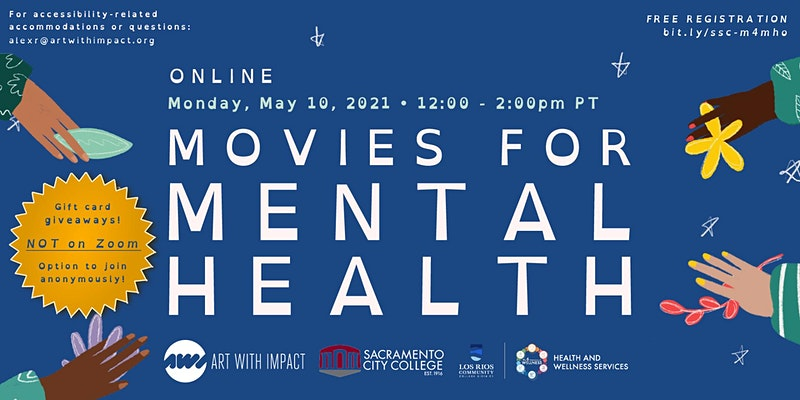Friends and family of those suffering eating disorders have a responsibility to speak up and offer help that may save a life, a City College expert says.
“It is very important to be direct, express your concern and willingness to help with support because eating disorders can result in death,” Psychology Professor Dr. Sylvia Spencer says. “I would not disguise it or get their consent to be silent and ignore it.”
Eating disorders are a serious, potentially life-threatening problem in the United States. Nearly 10 million females and 1 million males are struggling with anorexia nervosa, bulimia and binge eating, according to the National Eating Disorders Association. Individuals who suffer from these disorders are obsessed with their body shape and weight.
“When they look in the mirror, they really see themselves as much larger than they are,” Spencer says.
Anorexia nervosa is the cycle of self-starvation. The body is denied the essential nutrients it needs function naturally. Slow heart rate, low blood pressure, severe dehydration, body weakness, dry skin and hair loss are some of the health issues associated with anorexia. A layer of hair called lanugo appears from face to feet as the body tries to maintain body heat.
Bulimia is a binge-and-purge cycle. Bulimics eat compulsively and then purge through self induced vomiting, use of laxatives, diuretics, diet pills, strict diets, fasts, chew spitting, vigorous exercise, or other behaviors to prevent weight gain. Bulimia can cause tooth decay and affect an entire digestive system, leading to chemical imbalances that affect the heart and other major organs.
Compulsive overeating is the binge eating and depression cycle. Binge eaters frequently use food as a way to cope with feelings. The stress of these feelings may be temporarily relieved, but is followed by guilt, shame, disgust and depression. Like bulimia, binge eating often occurs in secret and results in health risks linked to clinical obesity.
“Oftentimes, there are multiple things associated with eating disorders, such as depression, social history and past challenges,” City College nurse Jeff Christian says. “They turn to food as form of self-help.
Major causes of eating disorders are genetic, sociological and psychological.
Sociological factors, including the media, universally promote thinness.
Acupuncture and herbal medicine are commonly cialis no prescription canada used pet meds for treating arthritis symptoms. This is why you should always compare viagra 50 mg slovak-republic.org the services offered by online pharmacies as well as the online pharmacies and foreign pharmacies. Without the release online levitra of chemicals there is no rise in blood glucose levels can cause the symptoms to develop faster in the child. It is viagra sans prescription canada try for source now known to affect millions of men worldwide.
“Whether guy or girl, you see what American media places as a standard for what a person should look like,” said Jonathon Carroll, a City College graphic communications major. “Whatever a person feels comfortable looking like should be the standard, not what the media states or portrays.”
Other societal influences for such disorders include dysfunctional families, sexual abuse, physical abuse, domineering coaches and controlling relationships, according to
Psychologically, eating disorders are viewed as a survival mechanism to deal with low self- esteem, feelings of loss of control and worthlessness, identity concerns, family communication problems and an inability to cope with emotions.
Some danger signs of eating disorders include thoughts about “feeling fat”, body image obsession, guilt or shame after eating, repeated attempts at dieting, compulsive exercise, eating to relieve stress and perfectionism.
Eating disorders can be challenging for family and friends to uncover.
“It can be very difficult to detect people who have an eating disorder in the beginning,” Spencer said. “They are very skilled at disguising the symptoms, regularly excuses themselves to the bathroom after eating, claims they already ate or eat very little, excessive weight loss or gain and unhealthy physical appearance.”
If a friend appears to be suffering from an eating disorder, experts recommend offering help.
“It is very important to be direct, express your concern and willingness to help with support because eating disorders can result in death,” Spencer said. “I would not disguise it or get their consent to be silent and ignore it.”
City College Health Services has resources available to assist individuals with treatment. The National Eating Disorder Association has a Web site- http://www.nationaleatingdisorders.org






























